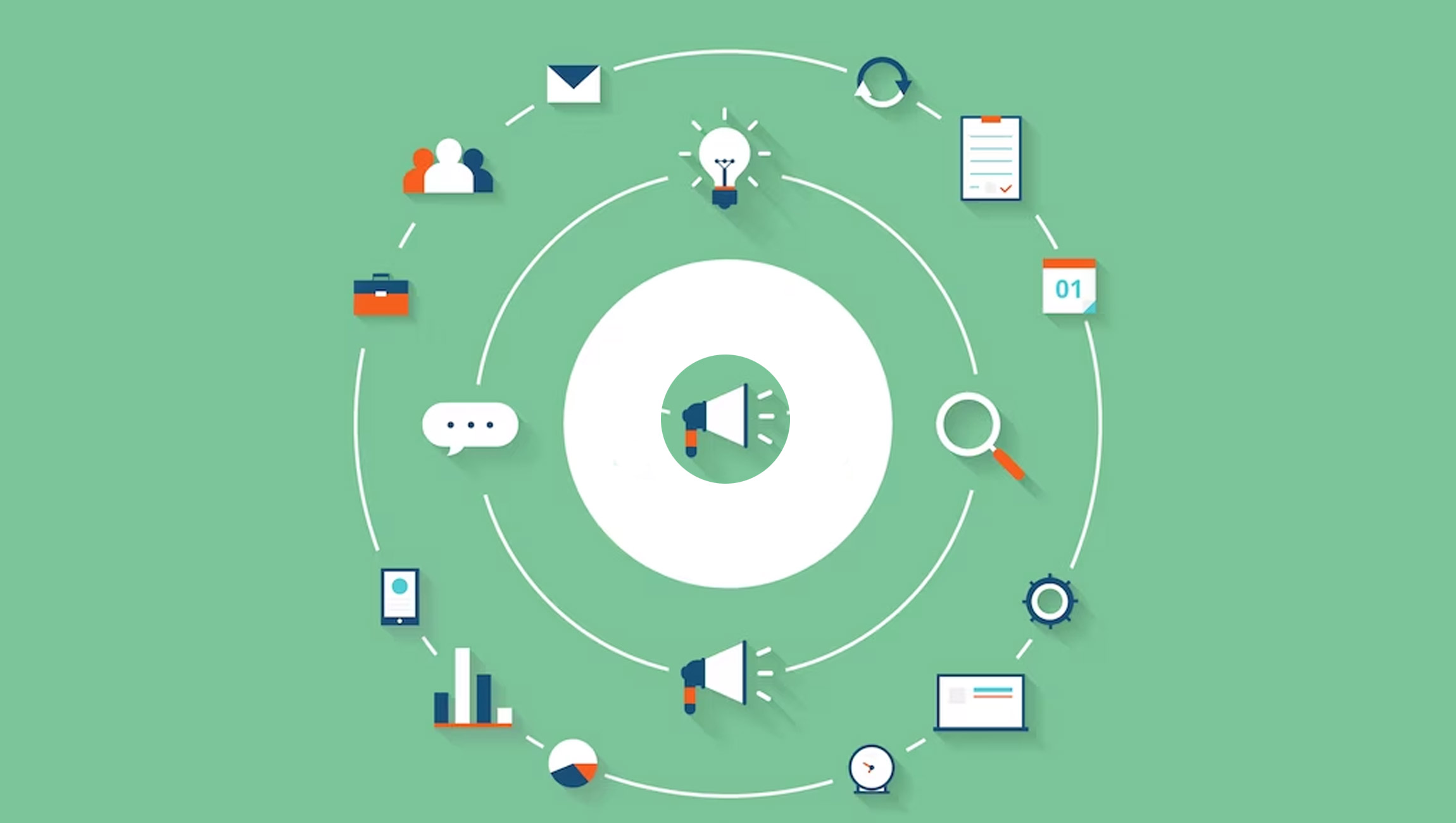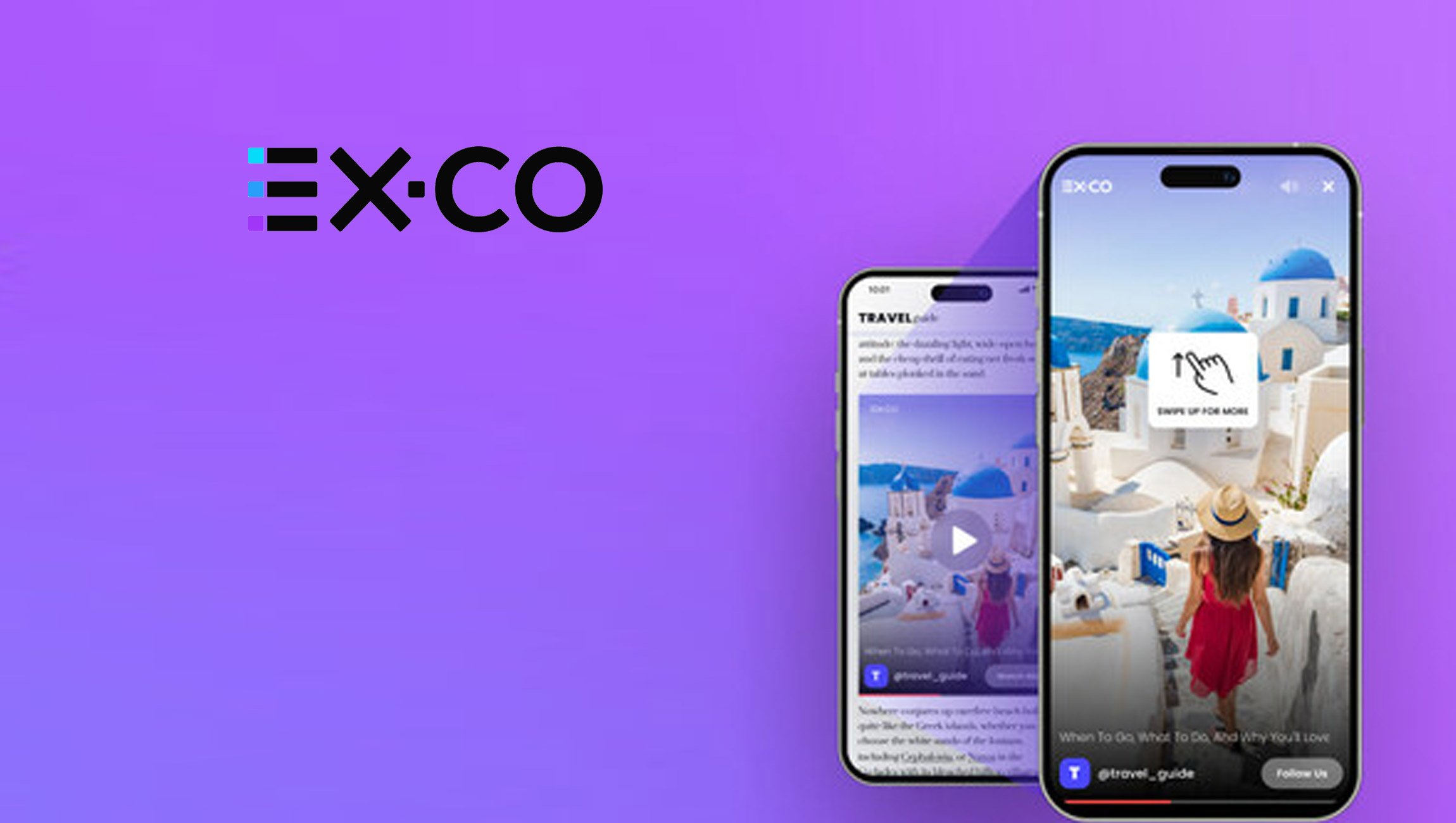The increasingly widespread use of AI in MarTech has allowed marketers to greatly improve customer experience (CX) through previously unimagined levels of personalization. The ability to dynamically target campaigns based on customers’ needs, desires, and past behaviors makes each individual feel a more direct connection to the brand’s messaging. This not only drives up customer acquisition, but it can increase customer retention as well, allowing brands to get more lifetime value out of every advertising dollar spent.
What makes AI truly transformative is that, in addition to enhancing customer experiences by personalizing interactions, it also allows marketers to gain unprecedented insight into the actual impacts of their full-funnel marketing strategies. It is, in a sense, both the artist and the analyst, crafting personalized experiences and painting each interaction with finesse while meticulously measuring the true incremental impact of its strokes.
Marketing Technology News: MarTech Interview with Billy Jones, VP of Marketing, Hootsuite
Following are 5 specific ways in which AI and Incrementality are being used to enrich CX:
- Customer Targeting: AI and incrementality experiments offer a transformative approach to targeting that empowers marketers to connect with customers at an extraordinary level of precision. AI refines customer targeting through deep data analysis, showing different products, and delivering different media treatments to create genuinely personalized connections with customers. When combined with incrementality testing, marketing campaigns are able to be rigorously validated, ensuring a precise analysis of their impact. This synergy enhances customer experiences while also allowing brands to optimize their marketing efficiency.
- Customer Acquisition: AI can also be used to automate personalized outreach for potential leads, improving campaign efficiency. With its sophisticated ability to predict patterns in user behavior based on massive amounts of historical data, AI is able to make genuinely meaningful outreach towards potential buyers. Incrementality experiments are then able to validate these strategies by measuring the additional conversions generated by this outreach. This collaboration ensures that resources are optimally allocated to efforts driving new customer engagement, enhancing the effectiveness of the overall acquisition process.
- Customer Retention: Marketers are able to use AI as a highly precise and reliable tool for predicting customer needs and tailoring messaging and engagement to increase brand loyalty. It facilitates timely and relevant communication, enhancing customer satisfaction and making them more likely to remain with the brand. Moreover, when coupled with incrementality experiments, AI can help marketing teams avoid unnecessary expenditures on customers who are already likely to buy products without being exposed to retargeting campaigns. This helps ensure that retention efforts are not only personalized but also cost-effective.
- Brand Promotion: AI has also proven effective at creating and shaping messaging and content to precisely align with customer sentiment. These subtle differences in messaging can prove highly effective in speaking directly to intended audiences in a way that really resonates with them rather than simply putting out highly generic and non-impactful content. When paired with incrementality experiments, marketers can validate the effectiveness of promotions, compare different promotional campaigns, and pinpoint the best strategies. This ensures promotions are both creative and strategic, maximizing brand visibility and impact.
- Marketing metrics: Recent data privacy regulations on social media have left standard attribution methods such as multi-touch attribution (MTA) incapable of delivering truly granular insights into the real impacts of advertising spend on customer acquisition. These methods tend to rely on establishing correlation rather than causation, leaving marketers with best guesses rather than concrete, quantifiable insights. To combat this, many brands have turned to incrementality testing to get a more objective view of their return on ad spend (ROAS) and Topline Sales Lift (TSL). Incremental attribution works by using test-and-control methods to precisely measure the lift in traffic driven by a given ad campaign. This unique ability to establish causal relationships between advertising spend and business outcomes allows marketers to target their marketing spending with more precision.
Marketing Technology News: Six Challenges Businesses Must Overcome in the Era of Relationship Marketing
Effective marketing campaigns are driven by a delicate interplay between human creativity and objective data. Part of what makes AI such an exciting technology for marketers is that it is able to augment both sides of this equation. It allows for a level of personalization that was previously unimaginable, and it boasts the added capacity to dynamically measure and adjust campaigns on the fly to speak directly to each individual’s unique needs and desires.
It is always important to remember, however, that AI is not a foolproof solution. AI is not magic but technology: it is only as creative as the prompts it is given and only as targeted as the data it is trained on. To truly maximize its impact and allow brands to experience transformative growth, marketers need to equip themselves with the tools necessary to accurately assess its real incremental impact on product sales. By doing so, they can continue to deliver personalized and memorable customer experiences while optimizing their budget through lean and strategic investments in advertising.











